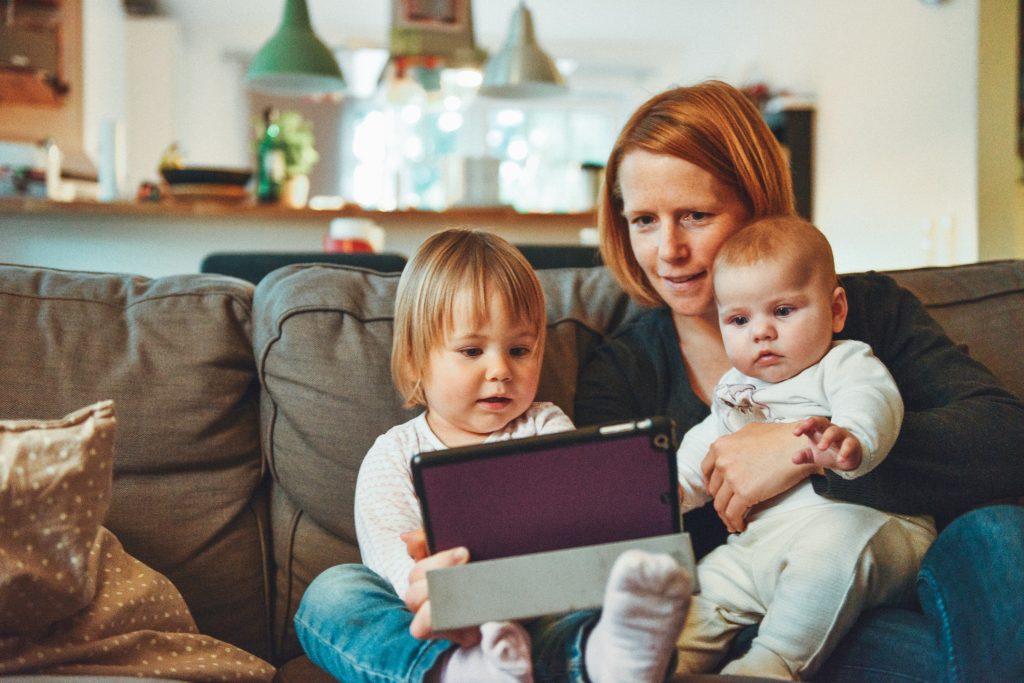What’s At Stake When You Share Photos Of Your Kids Online
Have you heard of “sharenting”? If you have kids and a Facebook account, chances are you’re already a part of the sharenthood community.

If you’re a parent, especially to school-aged kids, chances are this has been one of the most trying years of your life. With all of us doing just about everything from home these days, the lines can get blurry and the days can be daunting.
Whether you’re barely hanging on as your kid is having a meltdown or having a great family afternoon out at the park, if you’re anything like us, social media has likely become a place to share even more of the highs and lows you’re experiencing day to day. And if you’re someone who has kids, chances are that what you’re sharing online likely involves your children from time to time.
Sharing updates about your kids on social media may seem harmless, but Detroit Today speaks with an expert who says there are real consequences to this aspect of parenting in the digital age.
Listen: “Sharenthood” author Leah Plunkett talks about why it’s important to safeguard your child’s privacy, especially now.
Guest:
Leah Plunkett is a faculty associate at the Berkman Klein Center for Internet & Society at Harvard University. The Ann Arbor native is also the author of the book, “Sharenthood: Why We Should Think Before We Talk about Our Kids Online.” Plunkett’s book came out last year, but with all of us spending more time than ever in front of our screens, it feels especially timely to talk with her at this moment.
In simple terms, Plunkett says “sharenting” is all the ways that parents, grandparents, uncles, aunts, teachers, coaches and other trusted adults share private information about kids digitally. She says the most cited example of sharenting is when parents share on social media.
As far as drawing the lines around what’s safe to share about your kids online, Plunkett says “there are a couple of very bright lines. Never ever share anything with exact precision [about] where your child is at an exact moment or your child’s full identifying information.” She also says to not share any photos of a child in any state of undress, such as a day at the beach or in the bath, even if it seem innocuous. “Outside of those bright lines,” says Plunkett, “it gets a little harder and here is where I would say we all need to be having this discussion within our homes and schools and try to come up with a value-based plan.”
In looking at how the paradigm around technology and privacy has shifted, Plunkett explains that “the stakes have become really existential…as many of us are together all the time…[there’s some] scrambling to use our personal devices in ways we didn’t use them before. We have to make sure our cameras are off when we’re not using them,” says Plunkett.
Trusted, accurate, up-to-date
WDET is here to keep you informed on essential information, news and resources related to COVID-19.
This is a stressful, insecure time for many. So it’s more important than ever for you, our listeners and readers, who are able to donate to keep supporting WDET’s mission. Please make a gift today.
